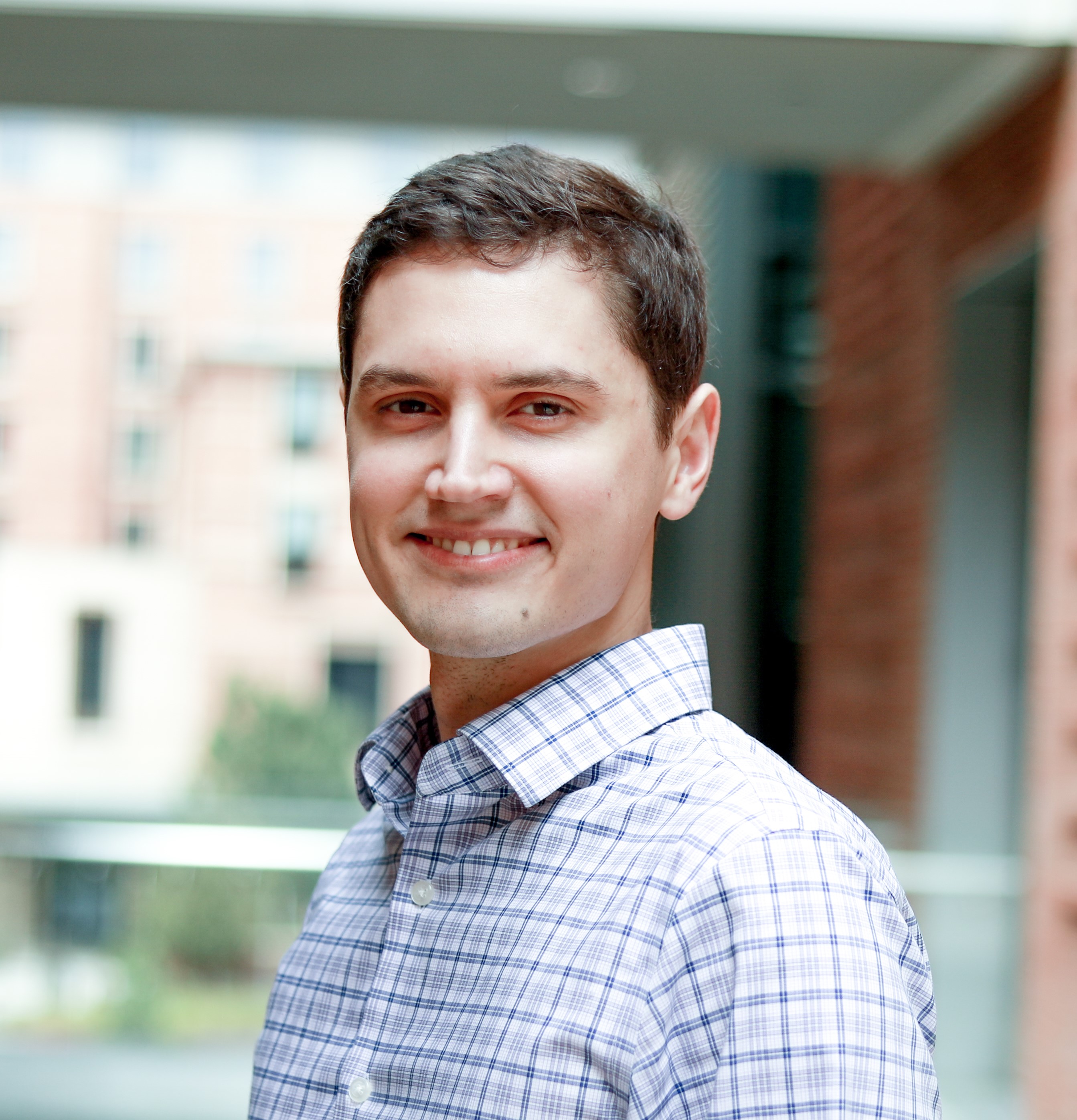Explainable-DSE: An Agile and Explainable Exploration of Efficient HW/SW Codesigns of Deep Learning Accelerators Using Bottleneck Analysis
Abstract
References
Index Terms
- Explainable-DSE: An Agile and Explainable Exploration of Efficient HW/SW Codesigns of Deep Learning Accelerators Using Bottleneck Analysis
Recommendations
Domain-Specific Language for HW/SW Co-design for FPGAs
DSL '09: Proceedings of the IFIP TC 2 Working Conference on Domain-Specific LanguagesThis article describes FSMLanguage, a domain-specific language for HW/SW co-design targeting platform FPGAs. Modern platform FPGAs provide a wealth of configurable logic in addition to embedded processors, distributed RAM blocks, and DSP slices in order ...
SystemC-based HW/SW co-simulation platform for system-on-chip (SoC) design space exploration
The development of digital designs today is much more complex than before, as they now impose more severe demands and require greater number of functionalities to be conceived. The current approach, based on the register transfer level (RTL) design ...
Using GPCE principles for hardware systems and accelerators: (bridging the gap to HW design)
GPCE '09Moore's Law has precipitated a crisis in the creation of hardware systems (ASICs and FPGAs)-how to design such enormously complex concurrent systems quickly, reliably and affordably? At the same time, portable devices, the energy crisis, and high ...
Comments
Information & Contributors
Information
Published In

- Chair:
- Tor Aamodt,
- Program Chair:
- Michael M Swift,
- Program Co-chair:
- Natalie Enright Jerger
Sponsors
In-Cooperation
Publisher
Association for Computing Machinery
New York, NY, United States
Publication History
Check for updates
Author Tags
Qualifiers
- Research-article
Funding Sources
Conference
Acceptance Rates
Contributors
Other Metrics
Bibliometrics & Citations
Bibliometrics
Article Metrics
- 0Total Citations
- 327Total Downloads
- Downloads (Last 12 months)327
- Downloads (Last 6 weeks)85
Other Metrics
Citations
View Options
Get Access
Login options
Check if you have access through your login credentials or your institution to get full access on this article.
Sign in




